The development of technology requires changes from modern business. Today, it is difficult to imagine medium and large enterprises without a comprehensive resource management system. ERP combines all key business processes – from finance to production. It is like the “brain” of the company, which coordinates the work of all departments. However, like any complex system, ERP has its limitations. For example, its ability to adapt to new business challenges depends on the integration of innovative solutions. One of the most promising tools that can revolutionize business process management is blockchain technology.
AVADA MEDIA provides services for the integration of blockchain into ERP systems, opening up new opportunities for companies to increase transparency, security and efficiency.
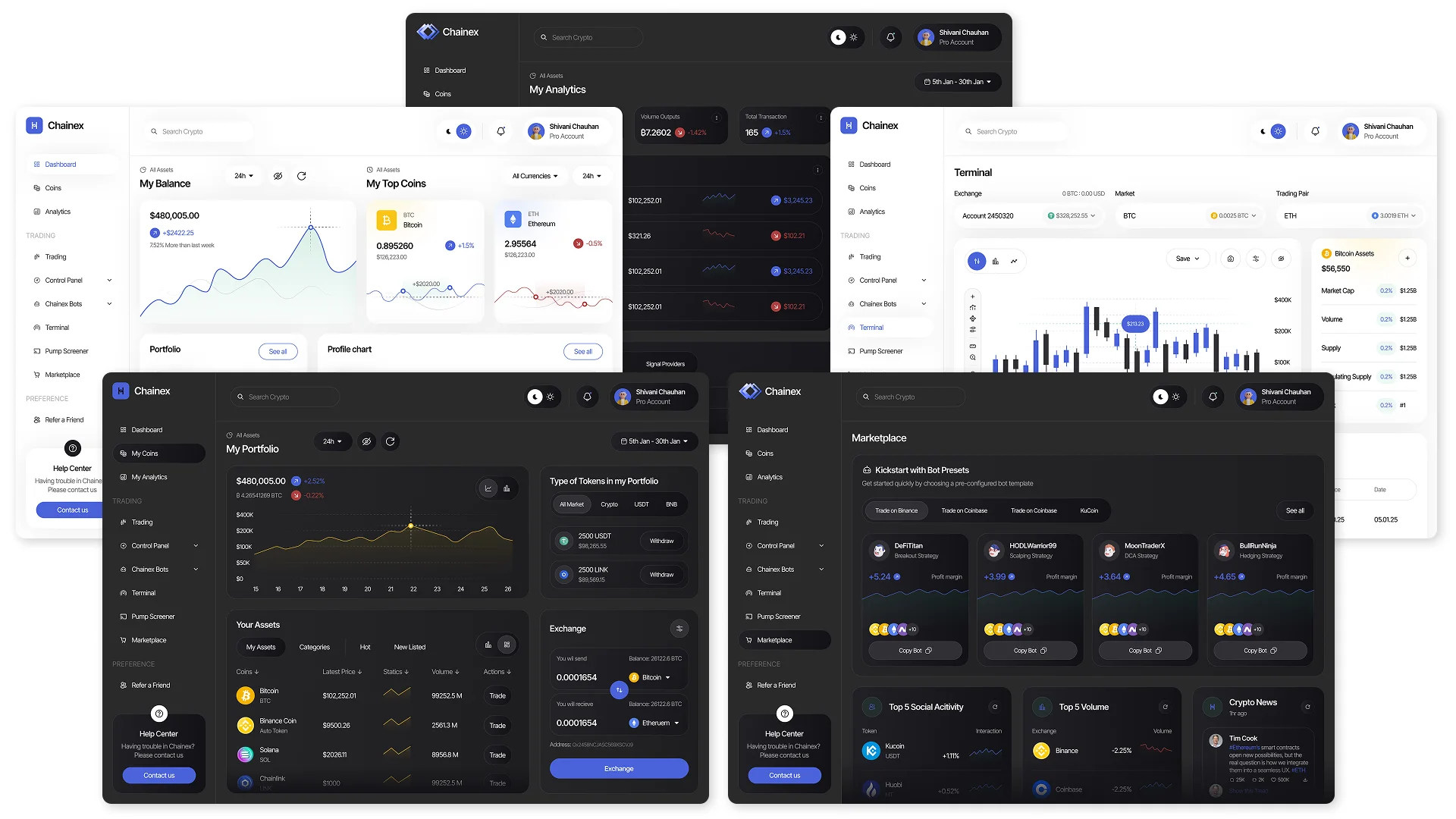
A blockchain is a decentralized, distributed ledger that records transactions in blocks. Each block is linked to the previous one using a cryptographic hash, making it almost impossible to forge or change the data.
Blockchain has long gone beyond the context of cryptocurrency and has become part of various business systems. With this technology, ERPs can offer a new level of transparency and security. Let’s take a closer look at what blockchain is in ERP and the points of contact between them to understand how it will affect your business and what competitive advantages it will provide.
Decentralized data storage
All business process information, from orders to deliveries, can be recorded on the blockchain, providing a single source of truth. At the same time, information is stored not in one database, but on different network nodes.
Process automation
Smart contracts running on the blockchain simplify complex tasks. They can automate the execution of trades and contracts, reducing the need for manual processing.
Increased transparency in work
With data immutability, all business members can access up-to-date information at any time.
Enhanced security
Blockchain cryptographic algorithms protect data from unauthorized access and modification, meaning it cannot be tampered with or deleted.
Blockchain integration in ERP will be useful if your business operates in an environment where:
Based on this, the implementation of blockchain technology in ERP is especially relevant for the following industries:
In such areas, blockchain allows you to track the movement of goods in real time, increasing the efficiency of logistics; automate document flow; ensure transparency of supply chains, accuracy and reliability of data.
Thanks to blockchain technology, the storage of transactions is becoming more secure, and mutual settlements are becoming faster and more secure.
The use of blockchain in the ERP systems of medical institutions provides reliable storage and processing of large amounts of information, management of medical data, and protection of patient privacy.
For the manufacturing industry, this is an effective way to improve quality control, inventory management, and ensure process transparency.
In the energy sector, blockchain helps solve key problems of managing energy distribution, cost accounting, and optimizing consumption.
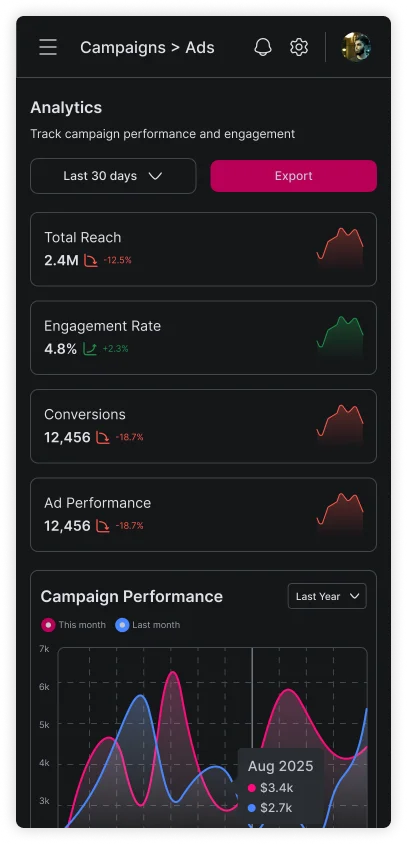
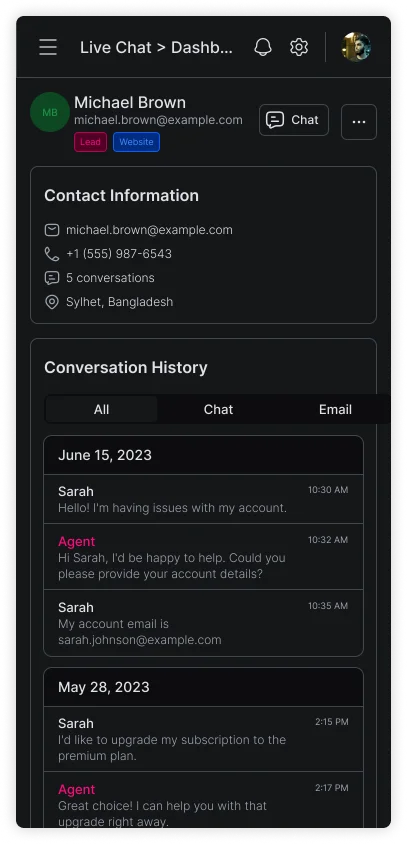
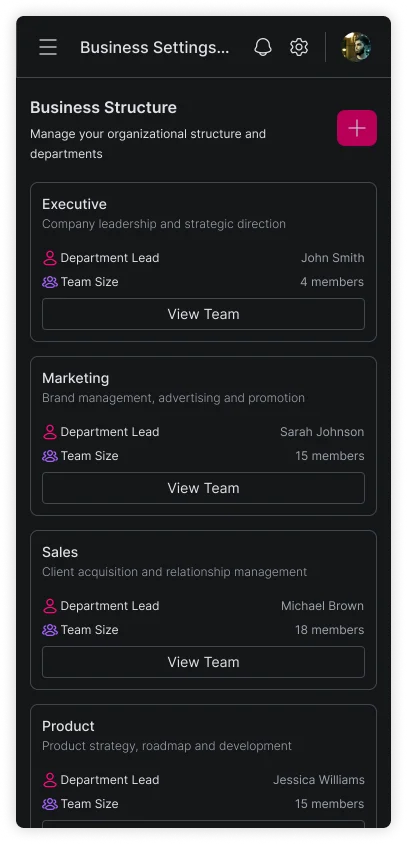
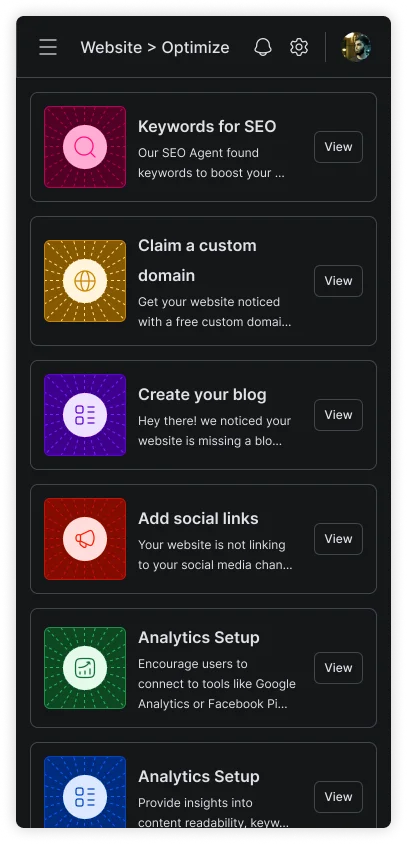
Mobile ERP for business
Modern ERP systems, although a powerful tool for business management, often face problems with scaling, integration, and data security. Such issues are especially acute in companies with an extensive structure, where different departments use separate systems.
Challenges of traditional ERP:
Blockchain-based ERP development provides a new approach to data management in these systems. With properties such as decentralization, transparency, and immutability of data, blockchain solves these problems of traditional resource management systems.
Companies immediately feel the benefits of blockchain for ERP because they have the ability to:
The introduction of blockchain in ERP significantly changes the approach to business management as a whole:
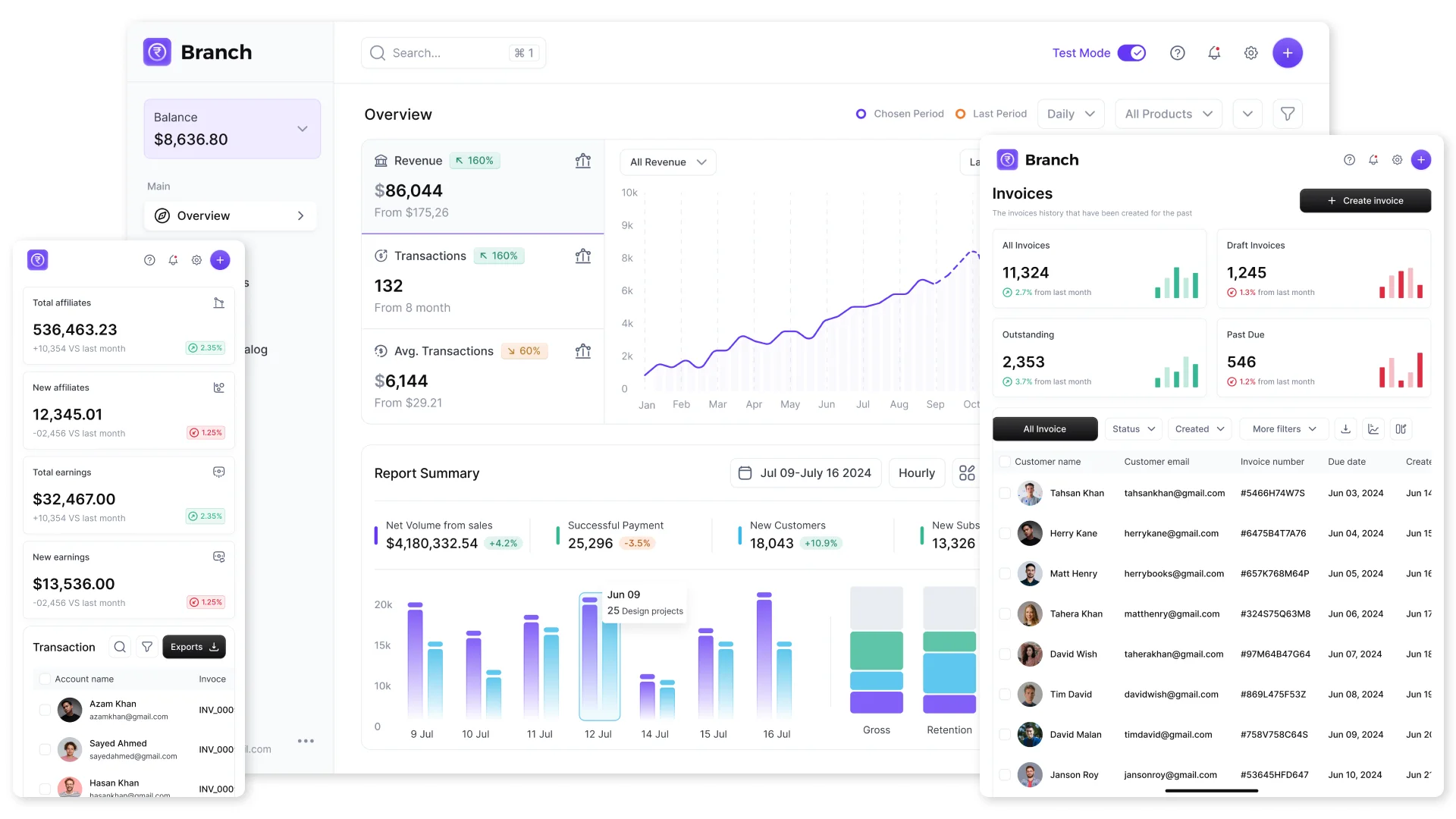
The benefits of blockchain in ERP are already significant for businesses, but the technology continues to evolve, and we expect the following trends in the coming years:
By investing in blockchain today, companies not only gain a competitive advantage, but also ensure that they are ready for future changes in the business environment.
Creating ERP systems with blockchain integration requires the use of modern technologies and frameworks.
Hyperledger Sawtooth and Hyperledger Fabric are developed within the same project and pursue similar goals, but they have a number of significant differences. The key difference is that Sawtooth uses a Python virtual machine, providing flexibility in the development of smart contracts. Fabric uses the Chaincode programming language, which is specifically designed to execute smart contracts on the Fabric network.
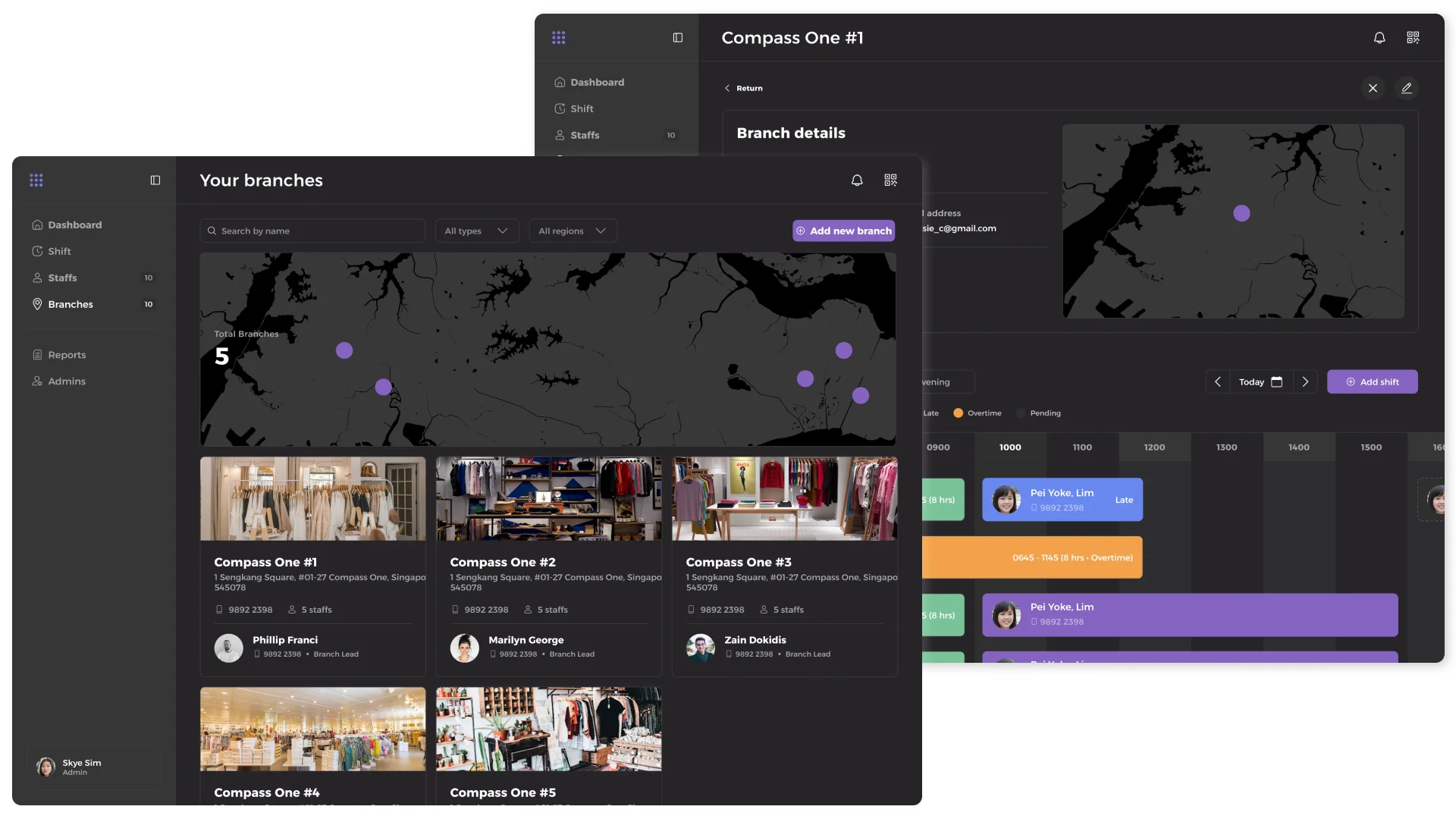
Providing services for the integration of blockchain into ERP systems, our specialists use advanced tools – such as BigchainDB, Hedera Hashgraph, Corda and other powerful solutions, depending on the client’s request.
ERP for warehouse logistics
Blockchain opens up new opportunities for the development of enterprise resource management systems, and companies that implement it in their ERP systems gain a competitive advantage in the market. However, for the successful implementation of such projects, deep knowledge in the field of blockchain and experience in software development are required.
AVADA MEDIA is your reliable partner in the creation of ERP systems of any complexity. Our specialists have extensive experience in the development of software solutions for business, in particular, enterprise resource management systems and the integration of blockchain technologies into them. Each project is an individual approach, a deep understanding of the client’s needs and the implementation of solutions that really work. Contact our experts if you are ready to learn more about how blockchain can transform your business.
How Does Blockchain Improve ERP?
Blockchain integration with ERP helps automate transaction verification, reduce the human factor, and increase data accuracy. This allows the business to reduce the cost of administrative processes and speed up operations.
Do I need to change my existing ERP systems when integrating with blockchain?
Depending on the chosen approach and specifications, some components of the ERP system may need to be adapted or modified to integrate seamlessly with the blockchain. In some cases, you can use additional modules or APIs for integration.
What features of a resource management system can be improved with blockchain?
Blockchain can improve the functions of supply chain management, accounting, financial transactions, and contract management, in particular through smart contracts to automate the execution of transaction terms.
How do I determine if my business needs blockchain integration with ERP?
To do this, you need to assess the need to improve the security, transparency and efficiency of your processes. If your business operates with large amounts of data, requires automation of contractual terms, or has complex supply chains, blockchain integration makes sense.
What are the challenges of integrating blockchain with ERP systems?
Blockchain is a rather complex technology that requires deep knowledge. In addition, existing legislation and regulatory requirements must be taken into account. If you need to set up blockchain in ERP, contact only experienced specialists.
Are there alternatives to blockchain for ERP?
Yes, there are other technologies to ensure security and transparency in ERP systems – for example, centralized databases or traditional encryption methods. However, it is blockchain that provides unique advantages in the context of data distribution and protection from manipulation, which makes it one of the most effective solutions for many businesses.
Contact the experts Have a question?
Developed by AVADA-MEDIA™
The user, filling out an application on the website https://avada-media.ua/ (hereinafter referred to as the Site), agrees to the terms of this Consent for the processing of personal data (hereinafter referred to as the Consent) in accordance with the Law of Ukraine “On the collection of personal data”. Acceptance of the offer of the Consent is the sending of an application from the Site or an order from the Operator by telephone of the Site.
The user gives his consent to the processing of his personal data with the following conditions:
1. This Consent is given to the processing of personal data both without and using automation tools.
2. Consent applies to the following information: name, phone, email.
3. Consent to the processing of personal data is given in order to provide the User with an answer to the application, further conclude and fulfill obligations under the contracts, provide customer support, inform about services that, in the opinion of the Operator, may be of interest to the User, conduct surveys and market research.
4. The User grants the Operator the right to carry out the following actions (operations) with personal data: collection, recording, systematization, accumulation, storage, clarification (updating, changing), use, depersonalization, blocking, deletion and destruction, transfer to third parties, with the consent of the subject of personal data and compliance with measures to protect personal data from unauthorized access.
5. Personal data is processed by the Operator until all necessary procedures are completed. Also, processing can be stopped at the request of the User by e-mail: info@avada-media.com.ua
6. The User confirms that by giving Consent, he acts freely, by his will and in his interest.
7. This Consent is valid indefinitely until the termination of the processing of personal data for the reasons specified in clause 5 of this document.
Send CV
Contact us in any convenient way for you:
+ 38 (097) 036 29 32